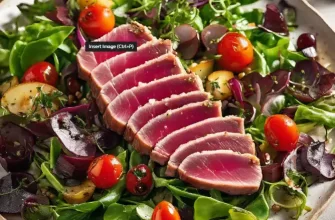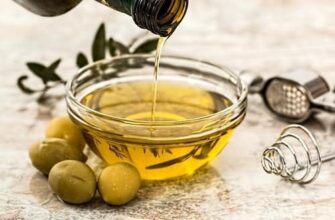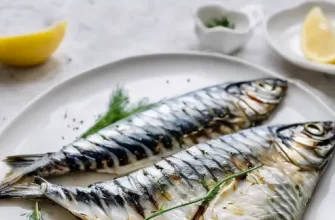When we consider safeguarding our skin from the negative impacts of the sun, the first thing that usually comes to mind is applying sunscreen.
However, it is important to know that certain foods can also aid in shielding our skin from the harmful rays of the sun. Incorporating specific foods into our daily diet can offer an additional level of protection against sunburns and long-term sun damage. So, let’s explore some of the top foods that can guard your skin from the sun.
- Tomatoes, a vibrant red fruit, are not only tasty but also contain high levels of lycopene, an antioxidant that effectively shields your skin from UV harm. Studies have demonstrated that incorporating tomatoes into your diet can enhance your skin’s ability to withstand the damaging effects of UV rays. You can include them in your salads, sandwiches, or even prepare a rejuvenating tomato soup to reap the protective advantages they offer against the sun.
- Spinach, kale, and other leafy greens are rich in antioxidants and vitamins that support the well-being of your skin. These greens have ample vitamin C and beta-carotene, which safeguard your skin against harmful UV rays and enhance its overall condition. To maintain a healthy and vibrant skin, it is recommended to incorporate a considerable portion of leafy greens into your salads, smoothies, or stir-fries.
- Berries such as blueberries, strawberries, and raspberries are not just tasty, but they also provide a great amount of antioxidants, like anthocyanins. These antioxidants are effective in combating the harmful effects of sun exposure and can lower the chances of getting sunburned. Whether you sprinkle some mixed berries on your breakfast cereal, yogurt, or simply have them as a snack, they offer an additional layer of protection for your skin.
- Green tea, renowned for its multitude of health advantages, also possesses qualities that shield against UV rays. The catechins found in green tea aid in preventing sunburn and diminishing skin irritation caused by exposure to harmful UV rays. Integrate green tea into your everyday regimen by replacing your usual cup of tea or coffee with a calming cup of green tea.
- Carrots, with their vibrant orange color, are packed with beta-carotene that converts into vitamin A in the body. Vitamin A is crucial for ensuring healthy skin and acts as a significant shield against sun damage. To protect your skin from harmful rays, you can munch on raw carrot sticks, include them in your salads, or savor a tasty carrot soup.
- Dark Chocolate: Absolutely! Dark chocolate, specifically the variety with a high cocoa level, has flavonoids that can safeguard your skin against UV radiation. Moreover, the antioxidants in dark chocolate can enhance skin moisture and enhance its overall appearance. Treat yourself to a small serving of dark chocolate every once in a while to delight your palate and nurture your skin simultaneously.
- Fatty fish, such as salmon, mackerel, and trout, are packed with omega-3 fatty acids. These beneficial fats not only contribute to your overall well-being, but they also offer protection from the sun. Omega-3 fatty acids have the ability to reduce inflammation caused by sunburn and promote healthy and pliable skin. To reap the benefits of healthier skin, it is recommended to include fish in your diet at least twice a week.
Keep in mind that although these foods can provide some defense against the harmful effects of the sun, they should not be used as a substitute for sunscreen. They are most effective when combined with other sun protection methods like wearing protective clothing, staying in the shade, and applying a broad-spectrum sunscreen with a high sun protection factor (SPF).
Therefore, when scheduling your meals in the future, remember to incorporate these foods that are beneficial for sun exposure. Your skin will express gratitude for the additional care and safeguarding.
In addition, a woman should hide her body (skin and figure) from the eyes of strange men.









